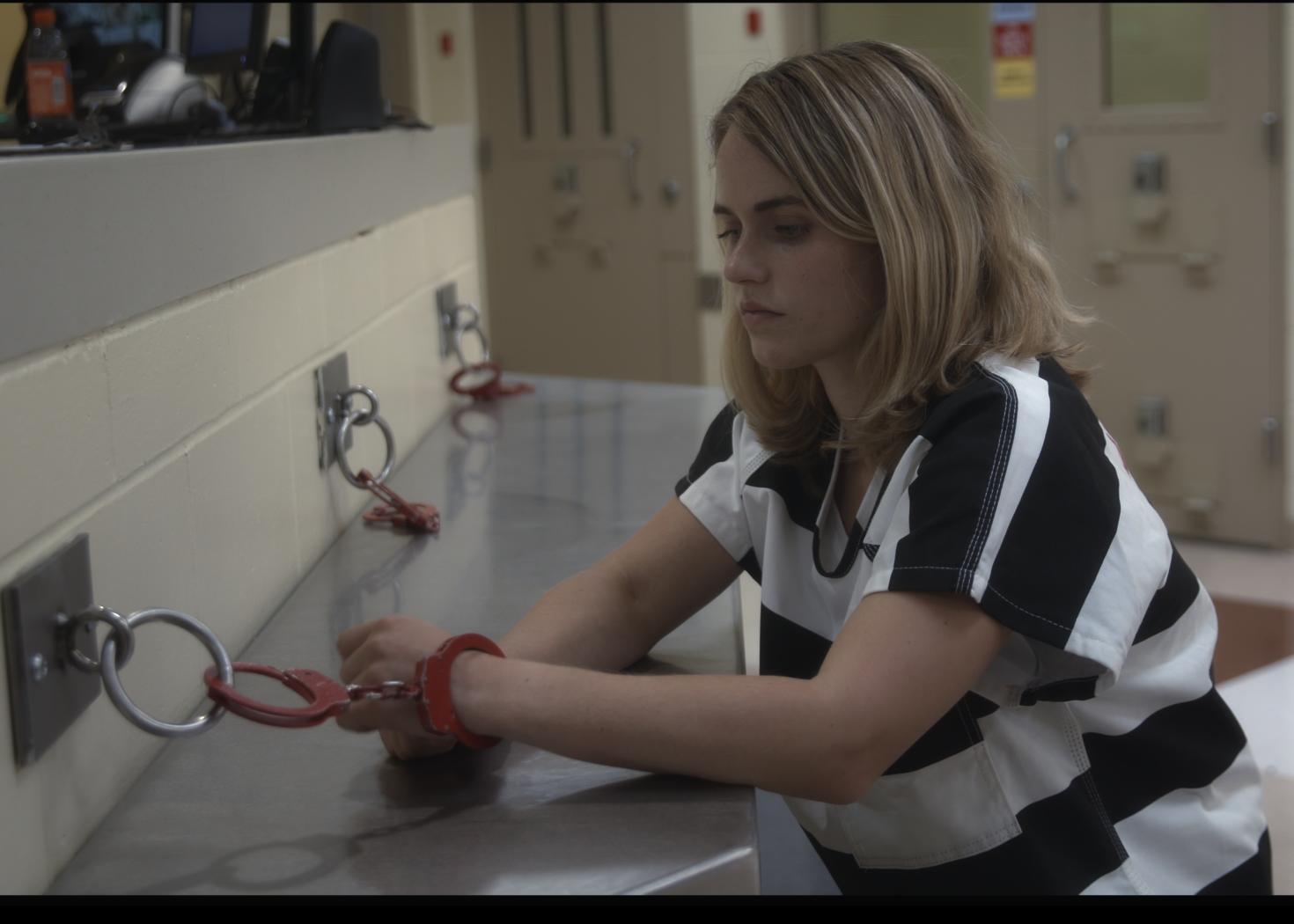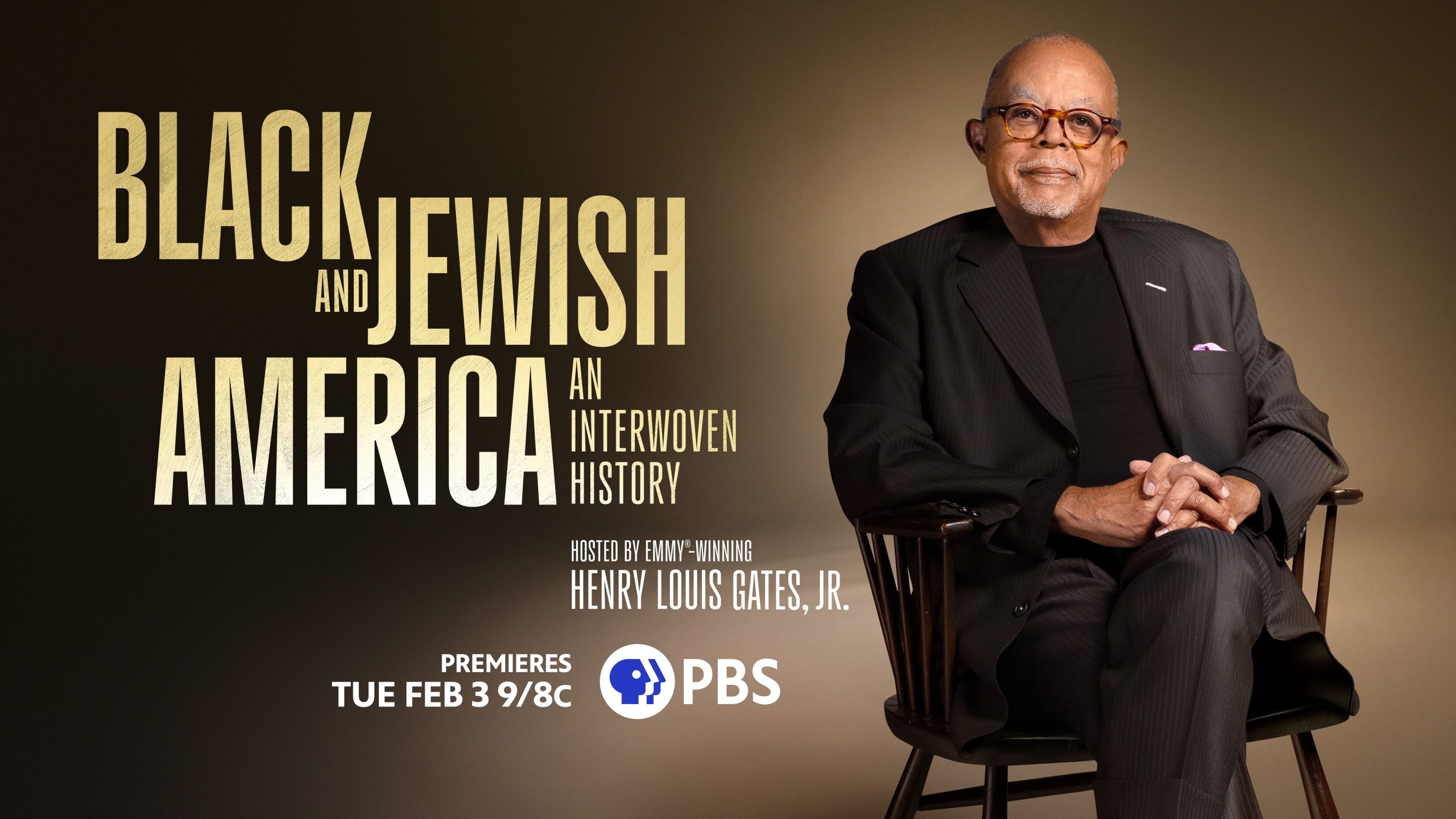
Filmmaker Bob Byington and actress Kaley Wheless spoke with Solzy at the Movies about Frances Ferguson during the 2019 SXSW Film Festival.
I sat down with the duo on the first Friday of SXSW before things became crazy. David Krumholtz, who co-stars as a group therapist, was supposed to join us but he wasn’t able to make it in time because of a flight delay.
The two of you came up with the story for Frances Ferguson. How did you come up with the idea for the film?
Kaley Wheless: We had started a different kind of a shorter project that was just workshopped around a specific character. To my memory, Bob saw a New York Post article about a teacher that had had an illicit relationship with a student. We were kind of realizing that’s such a big phenomenon in general and kind of moved that character that we’ve been working into that environment.
Bob Byington: I second that.

At what point in the process did you make the decision to a Frances Ferguson feature rather than a short?
Bob Byington: I don’t know. I don’t remember it that well. I think you remember it better than I do.
Kaley Wheless: I think it is when that element of her having committed a crime and being a substitute just elongated the process to kind of see her through that and the consequences of that.
Bob Byington: I had written this trapped female character. I didn’t really know that I was doing it but I just wrote out some relationship dialogue. There was something about her being trapped that then translated into her being one of those teachers that worked.
For such a serious situation, there’s a lot of comedy here! How did you decide on this?
Bob Byington: We just make comedies. That’s just what we do, right?
Kaley Wheless: Yes, I hope.
Bob Byington: I mean it was never not going to be a comedy because I don’t know how to make a film that’s not—that’s what I gravitate toward is just trying to find comedy.
Kaley Wheless: But yeah, I don’t think it was a choice so much that it’s kind of what happened.
Bob Byington: We weren’t totally sure that you could do comedy, were we?
Kaley Wheless: Seems like you should say.
Bob Byington: Well, how did you feel about that part of it? did you feel did you study tapes of like—
Kaley Wheless: Jim Carrey.
Bob Byington: Bill Cosby.
Kaley Wheless: Absolutely not. No, I didn’t say that. Well, I think that a lot of your humor is very specific. I think it comes through pretty well on the page so I think—and I’ve seen your films before—so I think that tone of humor, I mean I endeavor to get it right. I guess you can say if I did but I think it’s pretty identifiable.
Bob Byington: Don’t we all think we have good senses of humor?
Yeah.
Bob Byington: Everyone thinks that they have a good sense of humor. I talked to a woman yesterday who said her brother had reviewed Aziz Ansari show in Chicago a couple of nights ago. I guess he was in Chicago a few days ago.
I have been so inundated with SXSW that I have no idea who was town.
Bob Byington: The Internet will corroborate that he was (Note: The internet did corroborate this information.). Her brother reviewed this comedy show and she and I got to talking. One thing led to another. I said, “Do you have as good a sense of humor as Aziz Ansari? Are you as funny as Aziz Ansari?” She’s like, “Yeah.” I’m like, “No, you’re not.” She didn’t change her mind. Do you have as good a sense of humor as Aziz Ansari?
Kaley Wheless: I know the right answer now that you’ve told that story. The answer is no.
It’s so subjective.
Bob Byington: Yes. But I have news for everybody here. He’s got a better sense of humor than we do. He’s a ninja. So I just sound self-righteous.
Why Nebraska of all states?
Kaley Wheless: Bob is from Nebraska so he has a relationship with that state. We also wanted that Midwest very small town feeling. I think we got that for sure in North Platte, Nebraska.
Bob Byington: The idea that everyone knows everyone was something we were after as Nick Offerman says at the beginning of the film.
Kaley Wheless: Yeah, the claustrophobic sense almost seemed relevant. Very relevant.
Bob Byington: I am in kind-of-afraid-to-say-the-wrong-thing mode at this SXSW, which is kind of interesting because I’ve never really been there before but I notice that’s where I’m sitting right now.
Kaley Wheless: So are you deferring to me?
Bob Byington: Well also, I don’t think Kaley can really say the wrong thing.
Kaley Wheless: Let’s see. Hope not but we’ll see.
How thrilling is it to be at SXSW for the Frances Ferguson premiere?
Kaley Wheless: Very thrilling.
Bob Byington: I think you’re thrilled, aren’t you?
Kaley Wheless: Are you thrilled? Are you not thrilled? Yeah. I’m excited to be able to see it. I think we’ve worked a long time.
We have worked on it for a long time. It was time for it to come out. I’m excited for people to see that. I think that Kaley is great in the movie and I think she’s a movie star. I’m excited for people to see that.
Kaley Wheless: That’s very kind.
How did you prepare for the role?
Kaley Wheless: Well, I think since we had started with kind of the guts—wow, that sounds terrible—of the character in the short idea and a lot of my memory of that short really just resided on the tone and her demeanor. I felt like I kind of already had that in my head when we went into—and then it kind of just fell into place with her relationship with her mother, the small town, the crimes she committed—those all fit with and explained kind of that way of her being that we’d already kind of conceptualized before starting.
Bob Byington: Did you think the film was going to get made?
Kaley Wheless: At what point?
Bob Byington: August.
Kaley Wheless: Yes, I was 80 percent sure.
Bob Byington: When that plane ticket came into your inbox—
Kaley Wheless: I was like, Here we go. We’re doing something.
Bob Byington: We shot some tests on at the prison and I had told everyone that we weren’t going to use anything from the tests because I assumed Kaley was going to take a while to be ready. We ended up using some of that stuff, which was kind of humbling for me because I thought that while once Kaley starts working with me, she’ll get what we’re doing and she’ll get the character and she’ll be good in the movie. I think she got out right away. We shot that community service on day one. That’s one of the scenes that was the most seamless for us in the final edit.
What was the most challenging part of making Frances Ferguson?
Kaley Wheless: We’ve talked a lot about getting the tone right. Like for me while we were shooting, I was trying to like hit that in every scene while conveying that she does—change of heart sounds very trivial and small—but she doesn’t learn something about herself in the course of the movie. Exploring that with the tone was I think me trying to do both of those things was my main priority.
Bob Byington: There’s a lot of pressure on her because she’s in every scene. She’s expected to carry the movie. We didn’t know whether she could or not. We went up there as an act of faith. We didn’t know who Fran was when we got to Nebraska. I didn’t really know what to expect but that’s kind of true for every movie. We had hired Kieran Culkin, which we did for the movie before this, I don’t know. I mean. He has a ton of experience as an actor so that was a little different.
Kaley Wheless: I see where you’re going there.
Bob Byington: But not in a good or bad way because I’m thinking about what Kieran did and how it was kind of different from what I thought he was going to do. It was different in this theatrical way. He’s very theatrically trained and Kaley’s not. She wasn’t like that. She wasn’t bringing a theatrical rigor to what we did.
Kaley Wheless: It’s true. Even though I kind of felt like I had a vision of Fran, getting in Nebraska and getting in that environment seemed like—I think we even said that it felt kind of like the missing piece to some extent. Once we’re all there and just kind of feel the environment that we wanted to create, I think wasn’t really relevant. Or being in the prison—the environments we created or that existed when we were filming the movie really informed the process for me and the story.
Bob Byington: What was that like for you to be in that prison when we were over there? Initially, how did you feel?
Kaley Wheless: That first day? I mean, it’s very depressing. You feel very immediately like you’re in a prison, you’ve done something wrong, and you’re like this is a functioning prison. There are people there who are in prison and the guards are working doing their normal everyday shifts and everything.
Bob Byington: Did you have a physiological response to being there?
Kaley Wheless: I think so. You just feel very suppressed like I don’t know. It does kind of weigh on you. The lighting, everything is just very—there’s not a ton. There was actually a good amount of natural light in that prison. You just feel very claustrophobic and that’s something I think she felt in the town, her relationship, and in the prison and so that being in those environments definitely made me feel that really acutely.
Bob Byington: You did not want to go back to the prison.
Kaley Wheless: I absolutely did not and we did go back many times to get more shots. I was kicking and screaming the last time.
Bob Byington: I promised them that we were done there and then I took them back there—not a purpose.
Kaley Wheless: Maybe on purpose.
Bob Byington: Oh really?
Kaley Wheless: I’m just throwing that out there.
Bob Byington: We were trying to shoot a scene and we couldn’t get any of the viscosity that you get in the environment so we thought we would try it at this studio space. It was a fucking disaster. I remember the feeling of going over to the prison. I did not feel good mainly because I had gone back on my word and it was uncomfortable for me because I’m such a good person.
Kaley Wheless: But that’s one of my favorite scenes in the movie.
Bob Byington: Funny how that works.
Kaley Wheless: You’re always learning something.
Bob Byington: Well, she was also stress-eating all the props.
Kaley Wheless: The food props. Let’s specify not all the general animate objects.
Bob Byington: We had six of those cupcakes and were like, “Hey, Kaley”—
Kaley Wheless: They’re like, “You’re gonna throw up.”
We will get you a spare bucket. I’m like, “Absolutely not. It’s going right here.”
Bob Byington: It worked out.
Kaley Wheless: I didn’t throw up.
You had mentioned earlier about gravitating towards comedies. Do you have any particular influences on your style?
Bob Byington: Aki Kaurismäki is an influence for sure. He makes all these 70 minute movies. He made the proletariat trilogy and they’re all like 70 minutes. I think he had a profound impact on me. He likes that type of humor that I like but he lives in Finland where being depressed is more the status quo than it is here. Are you’re a depressed person?
Kaley Wheless: Excellent question. I don’t think so. Is that the wrong answer?
Bob Byington: Well, I think my comedies have something to do with being depressed. Have you seen Match Factory Girl?
I’m not sure.
Bob Byington: It’s sixty-nine minutes. It’s about a woman who decides just to start killing people. We were going to kind of maybe try to remake it because I love it so much. I love the idea of a woman who is wronged in a fairly casual way responds by killing whoever wronged her. That’s what this movie is about. It had a deep impact on me so he’s part of the single biggest influence. I am attracted to you know comedians who are good at their jobs. I know that you would send me material from people like Amy Poehler and Tina Fey. You like those types of people.
Kaley Wheless: I love those types of people.
Bob Byington: I mean, I guess everybody does.
Kaley Wheless: I’m among them. I love Kristen Wiig.
Bob Byington: Is there a single biggest—
Kaley Wheless: Comedian influence? I feel like I really like Kristen Wiig a lot. I think she’s got a good range for humor.
Bob Byington: Did you see her first on TV or in the movies?
Kaley Wheless: On TV.
Bob Byington: You seem angry.
Kaley Wheless: She did movies later.
Bob Byington: I had really not seen Kristen Wiig before Bridesmaids and then I saw Bridesmaids. I was like, Wow, this is really assured.
She was on SNL for several years before.
Kaley Wheless: So good. She could do anything on SNL. The sketches—some that you don’t think she could pull off, and she does.





